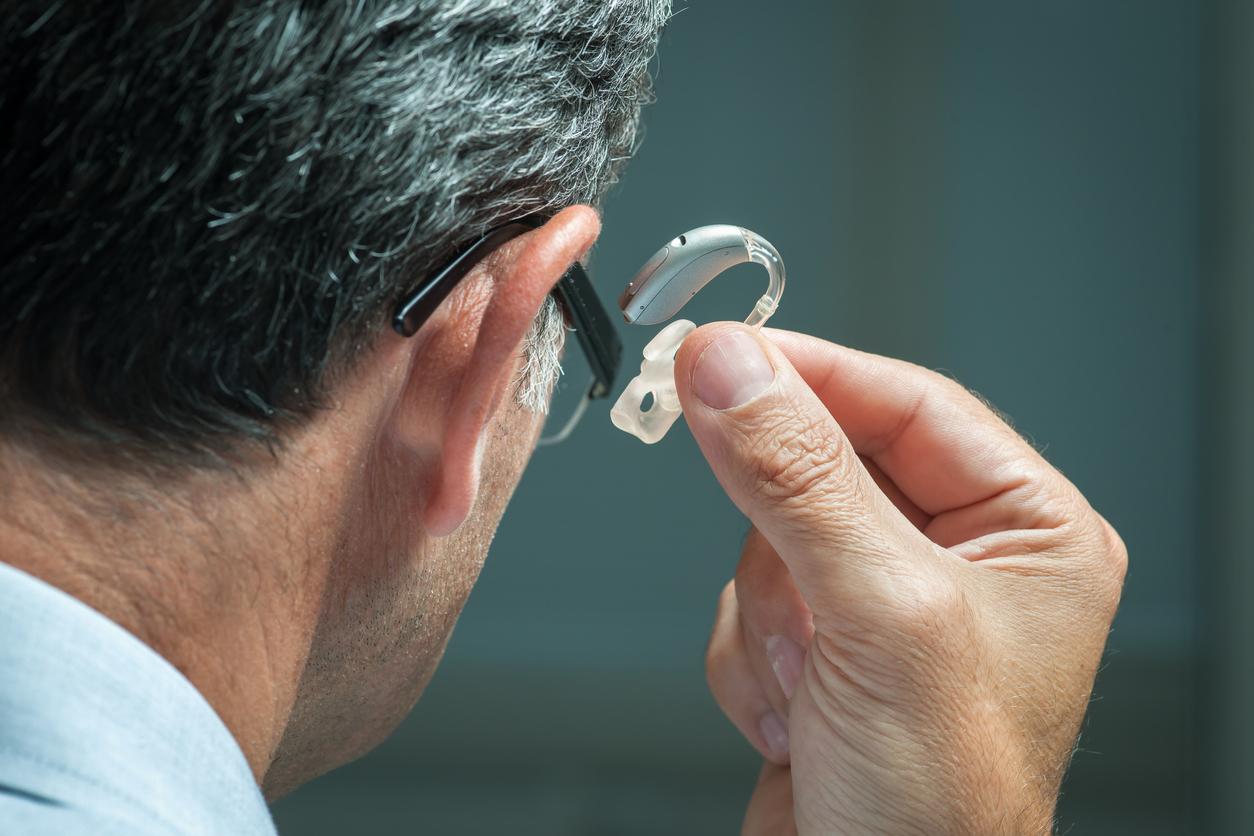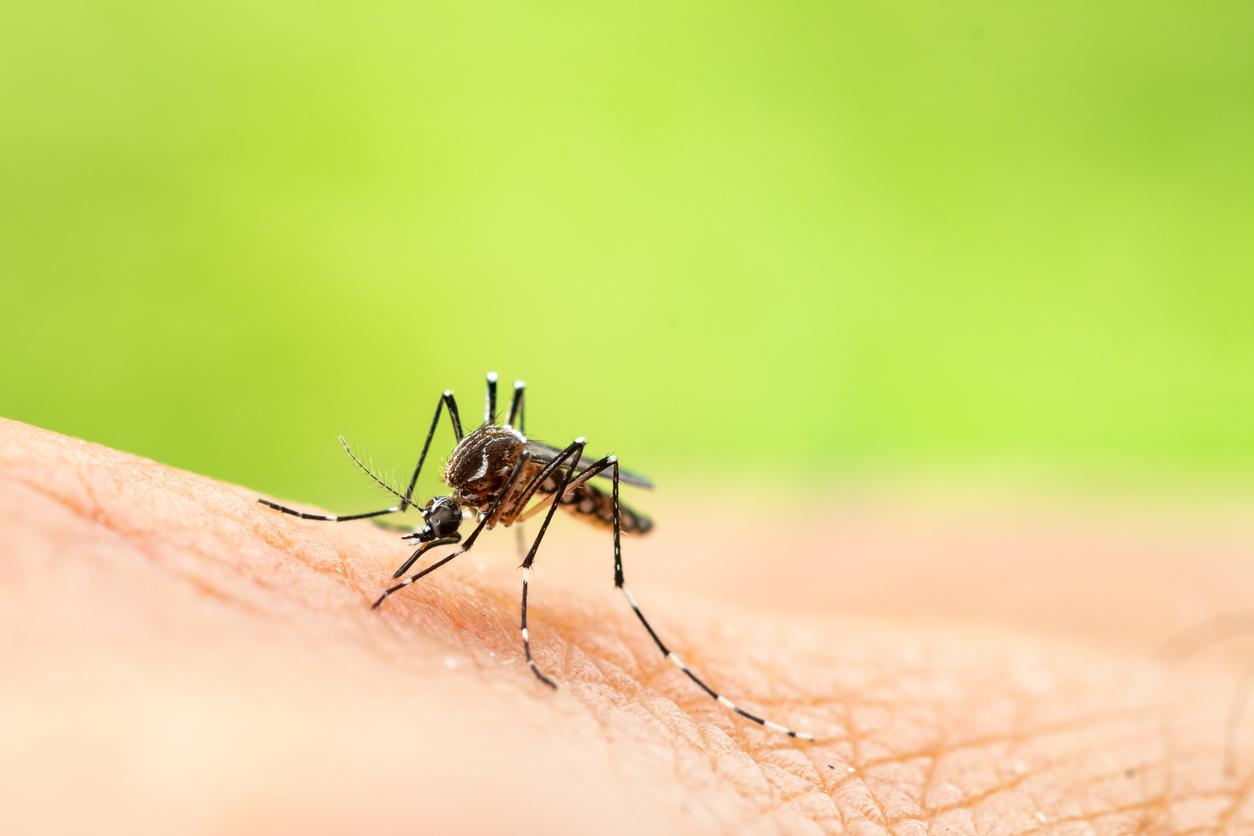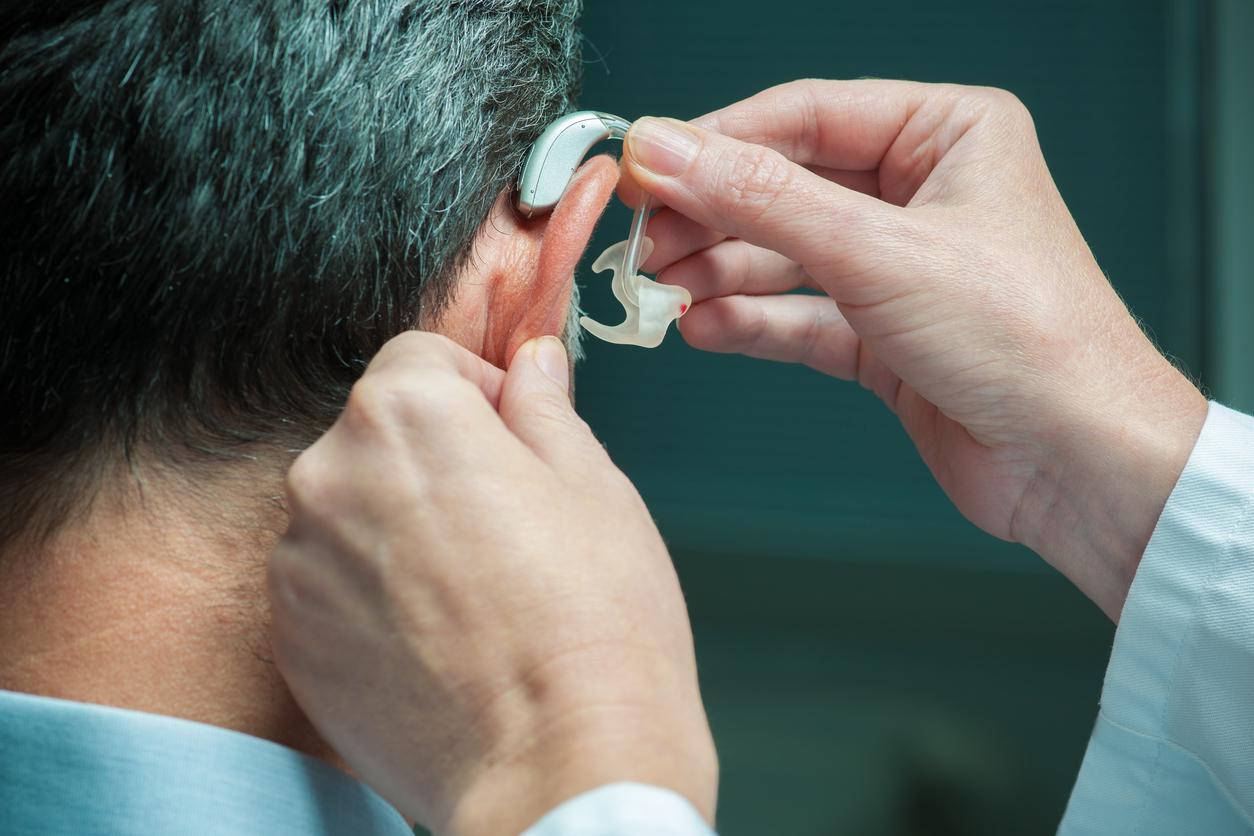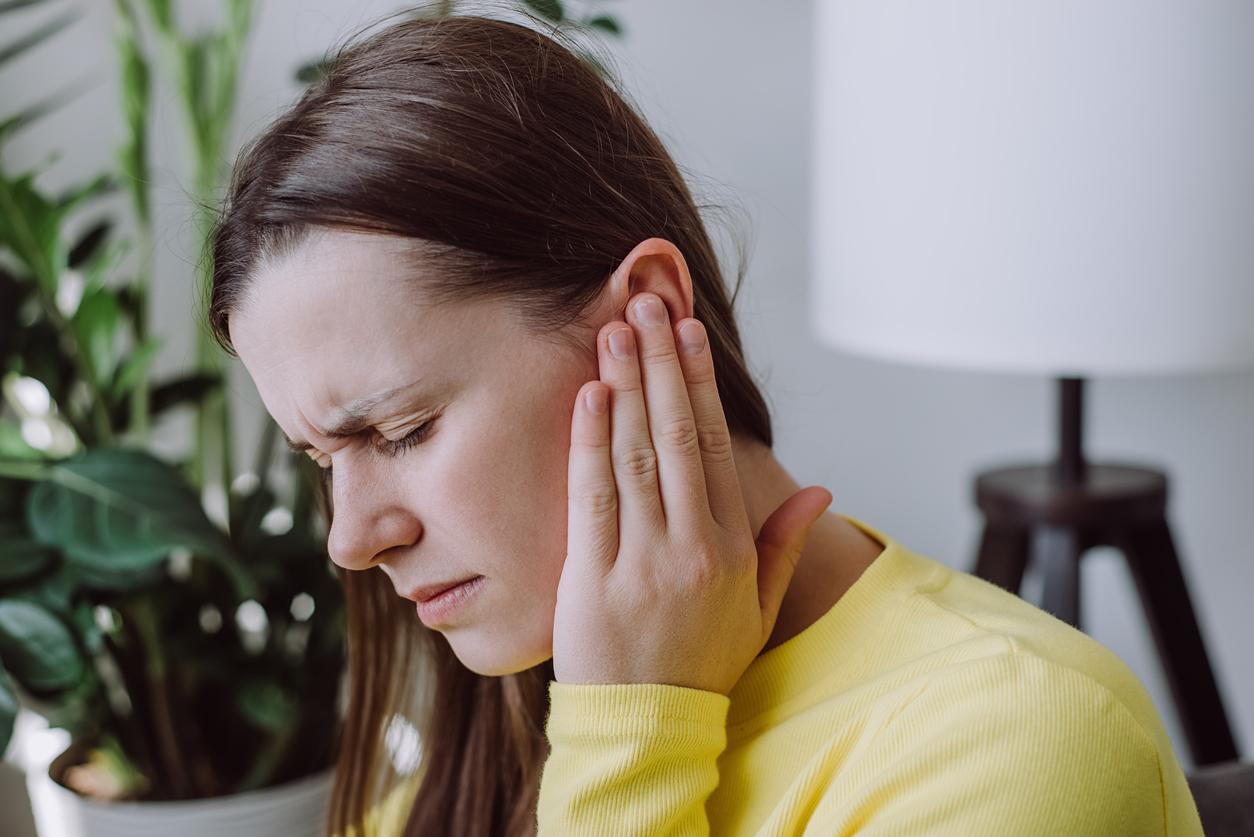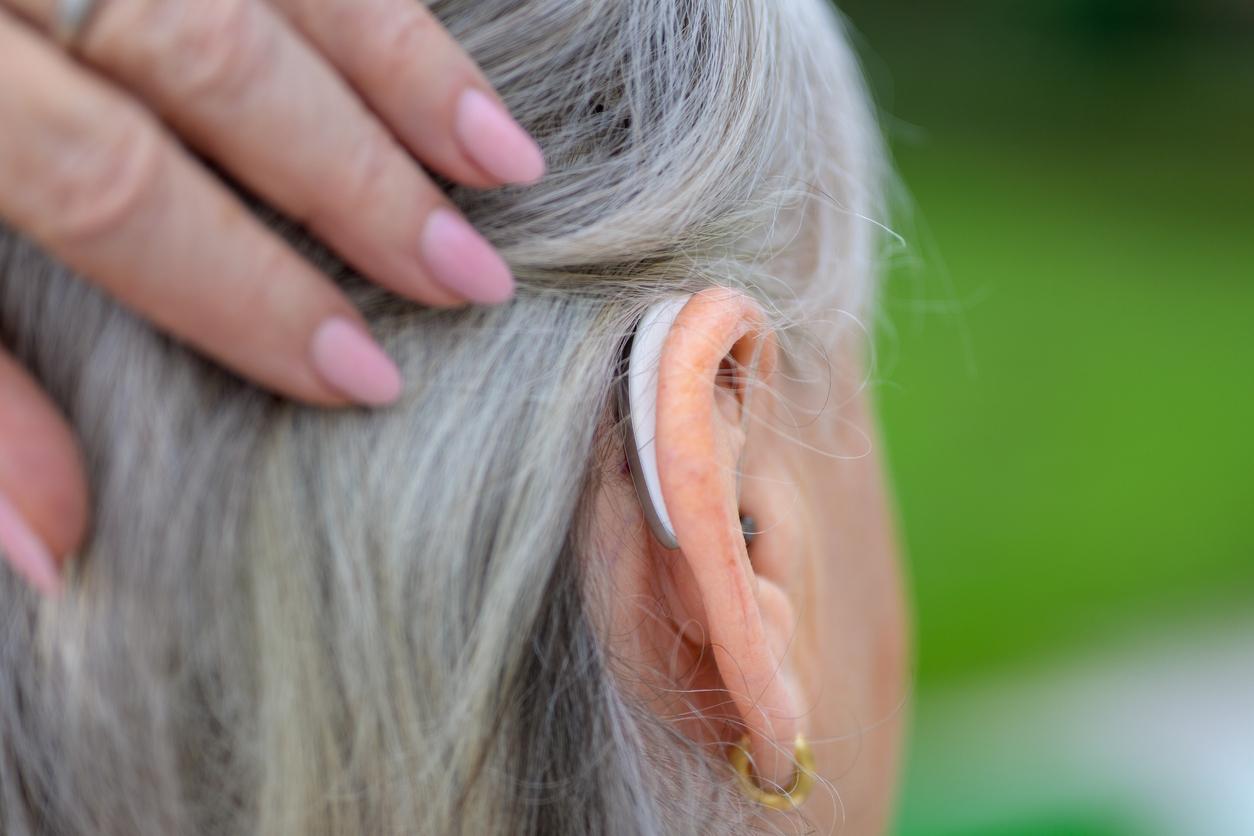For the first time, a clinical trial of gene therapy has restored hearing in four children suffering from deafness.
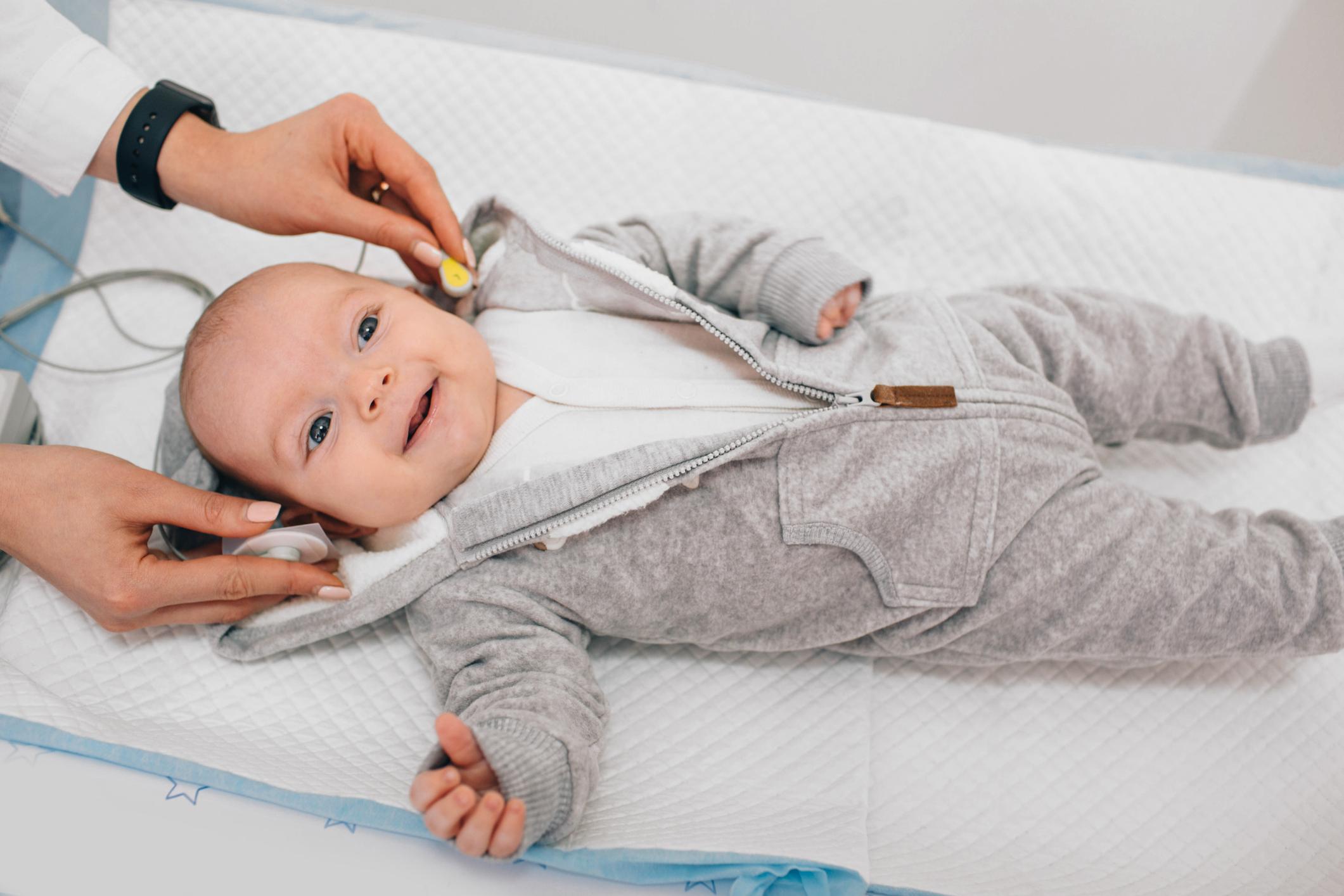
- Until now, no medication whatsoever has been shown to improve hearing. Only the implants showed effectiveness.
- A gene therapy trial allowed four deaf children to regain between 60 and 65% of normal hearing, paving the way for potential drug treatment.
- More than 10% of the French population faces hearing loss or hearing loss, according to Health Insurance. Only 17% of affected people have a hearing aid. One child in a thousand is born profoundly deaf.
“We were cautious, and a little nervous, because it was a first in the world.” During a clinical trial of a new gene therapy, researchers from Fudan University in Shanghai (China), led by surgeon Yilai Shu, achieved the feat of restoring hearing to four children suffering from deafness. Their work was recently presented at the congress of the European Society for Gene and Cell Therapy in Brussels.
Four out of five children’s hearing improved after gene therapy
The clinical trial dates back to last December. The scientific team used a “harmless virus” carrying DNA from a functional copy of the otoferlin gene that they injected into the cochlea, a part of the inner ear. As a reminder: without otoferlin, the hair cells in the ear cannot transmit sounds to the brain. The gene being too large, scientists had to divide it into two parts. Once in the ear, the two sections of DNA recombined to form a complete gene capable of producing the missing otoferlin protein.
A success: following the therapy, the hearing of four children improved, “achieving perhaps 60 to 65% of normal hearing”, according to Dr. Yilai Shu. “Before treatment, if you put them in a movie theater with the sound on loudest, they wouldn’t hear it, specifies his colleague, Dr. Zheng-Yi Chen, who participated in the study. Now they can hear almost normal speech.”
Towards a potential drug that restores hearing?
This new hearing experience also caused behavioral changes in the children. According to Dr. Shu, a child who had never spoken began to say “baba” And “Mom” since his treatment. The specialist believes that children should ideally be treated around the age of one, a key stage in speech development.
Professor Zheng-Yi Chen believes that gene therapy could offer “better hearing than can be obtained today with implants”, which have their limits. Until now, no medication whatsoever has been shown to improve hearing.
The only downside is that gene therapy only targets a specific form of deafness: it only applies to people with an anomaly in the gene coding for otoferlin, which is the cause of only 1 to 3% of cases of deafness. congenital deafness. But scientists hope these studies could “pave the way for hearing restoration for other forms of congenital deafness”.









